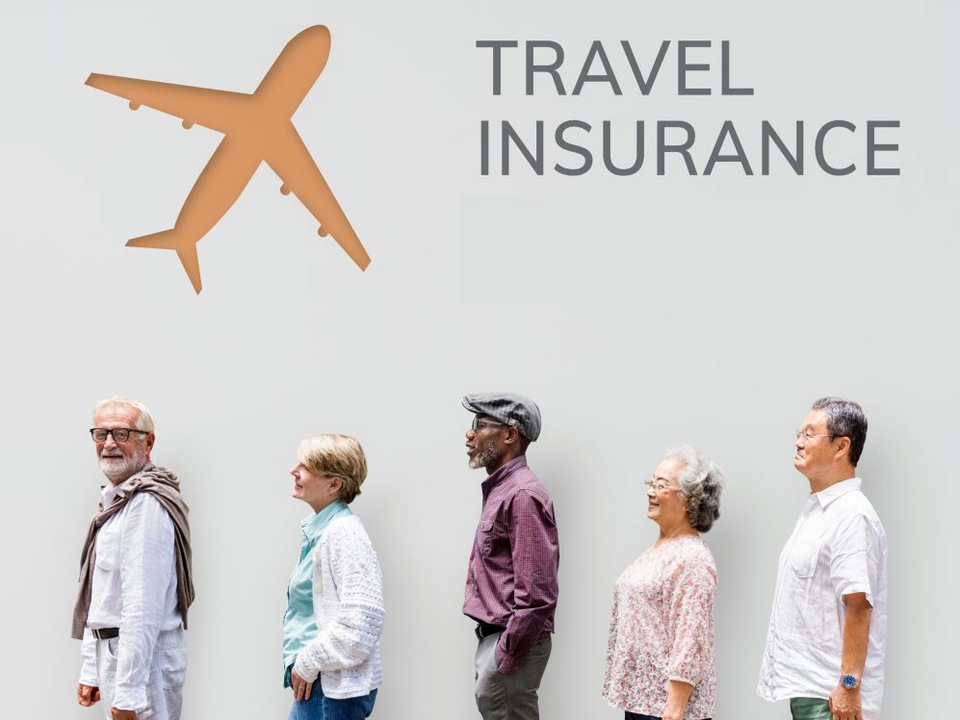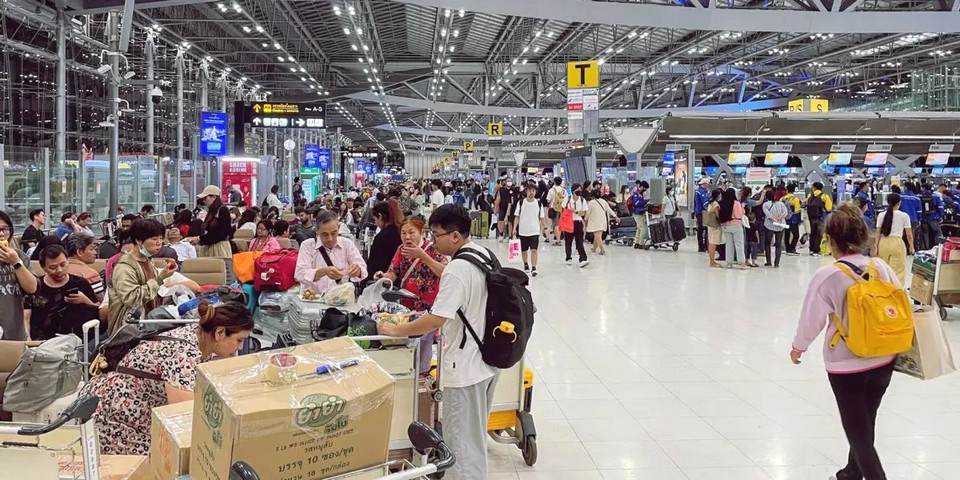
Following the failure of an injured Brit to obtain free hospital treatment in Thailand, British insurers are calling for clarity. Jonathon Cobb, 28, was injured when he fell off his motorcycle in Pattaya and broke his arm plus facial injuries. He told Pattaya Mail he was advised to go to a local hospital as the Thai government had granted cost-free treatment to foreigners as long as they held a tourist visa. Cover exists for up to one million baht, or 28,000 pounds, according to specific injuries or (at worst) death on a case-by-case, discretionary basis.
But John was told by hospital administrators as well as by police officers that he was not covered by the government grant and must pay his own bills. The Health Insurance for Non Thais or HINT scheme specifically excludes those who show “negligence, intent, illegal acts or risky behavior”. John’s problem was that he was not wearing a crash helmet, but his parents in UK paid the 300,000 baht or 7,000 pounds final bill. He also had to pay the rental company 30,000 baht or 700 pounds for damage to the bike.
UK-based insurers Worldwide Travelling said the Thai government scheme mainly covers compensation for death or loss of limbs or organs, but the bureaucracy is confusing. A Thai tourist ministry website gives a specific internet address for registration which appears to have been hacked. The actual data base for claims is with the Tourist Police Bureau and the National Institute for Emergency Medicine, although few foreigners are aware. The central medical fund of 50 million baht, in place till the end of 2024, is apparently underspent to date according to the tourist and sports ministry.

More broadly, say Worldwide Travelling, Thailand’s requirements for medical insurance need updating. There is now a visa valid for five years, known as Destination Visa Thailand, which is technically a “tourist” permit but probably does not qualify for free accident cover as it offers an initial stay of 180 days. The 5-20 years Elite or Privilege Visa does not need hospital cover, but the 10-year Long Term Residence visa requires cover of US$50,000, or a Thai bank account showing a US$100,000 bond for an extended period.

Foreign retirees with one type of yearly visa, known as OA, require medical insurance on an ongoing basis, whilst those with the similar O type do not. The difference is that OA is initially awarded by a Thai embassy abroad whereas the O is an annual extension of stay issued by a different agency – the immigration police. Other visas not requiring medical insurance are annual extensions for foreigners married to Thais and permits to study the Thai language. However, foreigners with a Department of Employment work permit must pay a small proportion of their salary to be included in the Thai social security s scheme.
Immigration lawyer Jessataporn Bunnag said, “The government in recent years has introduced a host of different entry choices for tourists and longstay expats to increase treasury income. However there has been little coordination which has led to confusion.” He pointed to a government working party which is currently examining various visas including those specifically catering for retirees. There has been no announcement or news since the establishment of the committee last July.








